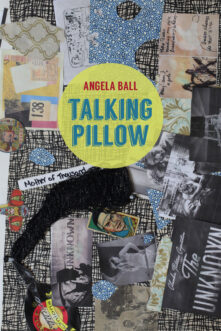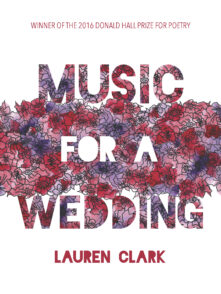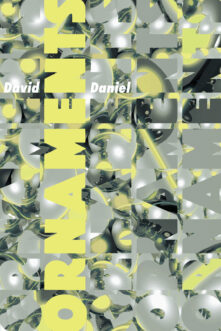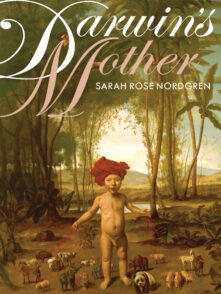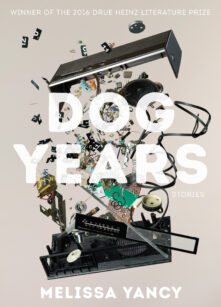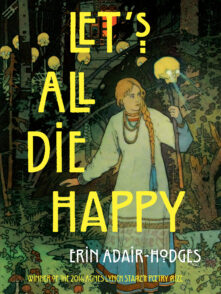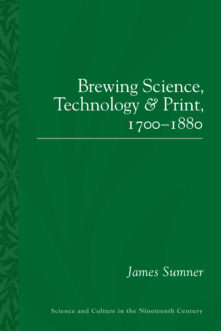Books
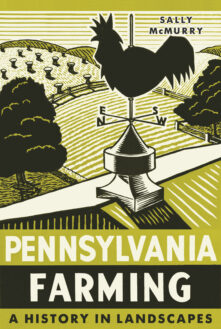
Pennsylvania Farming
A History in Landscapes
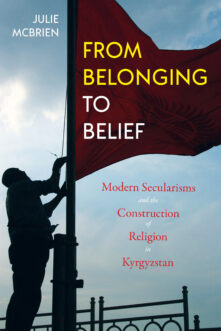
From Belonging to Belief
Modern Secularisms and the Construction of Religion in Kyrgyzstan
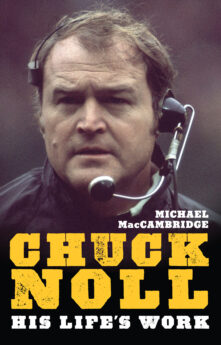
Chuck Noll
His Life's Work
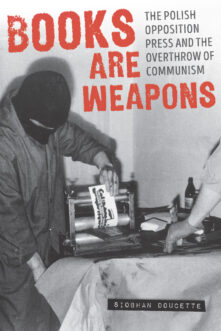
Books Are Weapons
The Polish Opposition Press and the Overthrow of Communism
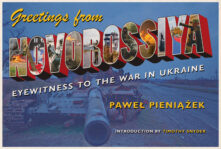
Greetings from Novorossiya
Eyewitness to the War in Ukraine
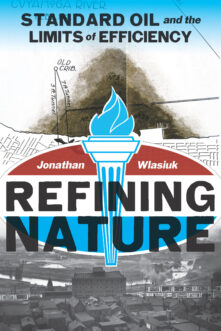
Refining Nature
Standard Oil and the limits of Efficiency
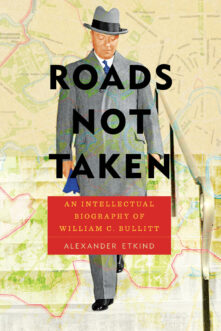
Roads Not Taken
An Intellectual Biography of William C. Bullitt
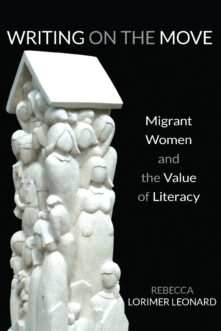
Writing on the Move
Migrant Women and the Value of Literacy
Total 1559 results found.


